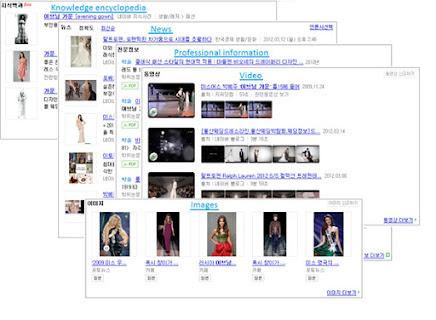Week 4 - How to add references to a Wikipedia article (Yerin Lee)
How to add references to a Wikipedia article (Yerin Lee) * How to find reliable sources for research * What are the pros and cons of using NAVER vs. GOOGLE for research purposes. First of all, Wikipedia is described as a socially developing pro-social community rather than a profit-seeking one. Members of the Wikipedia community share common practices and norms. It is a culture of cooperation. The Wikipedia community can be more understood as "pro-social" in that it is intentional, spontaneous, and acts that benefit others. Of course, even if the intention is good, it cannot be unconditionally supported. However, features such as open content/transparency/integrity/non-discrimination/intrusive, and various technical censorship enhance reliability and gain a lot of support. This is supported by the FOSS movement. According to the professor's lecture, we can increase the reliability of our data with reliable sources. To tell you how, it's data like Google Scholar and Go...


